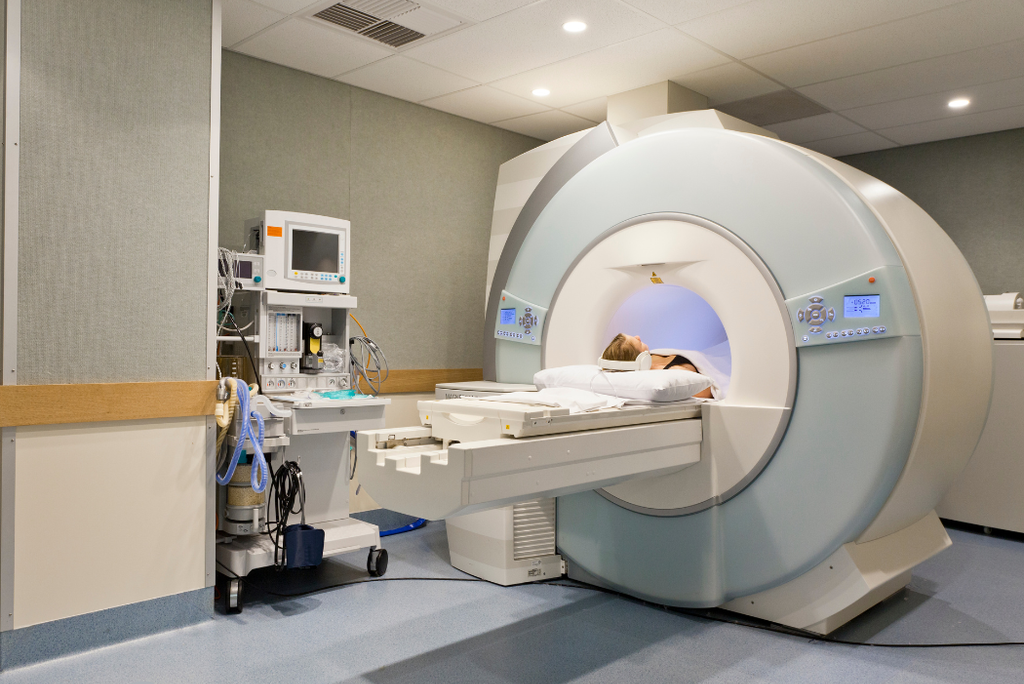Pancreatic cancer prognosis and survival
Prognosis and survival of pancreatic cancer
Pancreatic cancer is unique to every patient, and it is not possible for anyone to estimate exactly how long you will live with the disease.
Survival depends on your current health, any other conditions you have and your general level of fitness. It also depends on the stage of your cancer when it is diagnosed.
Overall survival for pancreatic cancer
The overall one-year survival rate for pancreatic cancer is 24.4%, in the UK. This means that around 24 in 100 will have survived to one year and beyond.
The five-year survival rate for pancreatic cancer is 7.3%. This means that around 8 in 100 people will have survived for five years and beyond.
10-year survival of the disease is 1%, meaning only around 1 in 100 people survive 10 years and beyond.
Pancreatic cancer has the lowest five-year survival rate of any of the 22 common cancers. However, it is encouraging that survival has more than doubled since Pancreatic Cancer Action began, 10 years ago. Though increases in survival may seem small, we are beginning to see a slow but positive trend upwards after decades without improvement.
-
If you are diagnosed with pancreatic cancer at an early stage, this means that you have been diagnosed at stage one or two.
In early-stage cancer, the tumour is small and hasn’t spread to other places in the body. You may be eligible for surgery to remove the cancer and for follow-up treatments to stop it from coming back. However, only 10-15% of patients are eligible for surgery.
People with early-stage pancreatic cancer have a five-year survival of up to 29%. This means that around 29 people in 100 will have survived to five years and beyond.
For people who do not live this long, there are some possible explanations. Firstly, the cancer may have recurred, and a tumour grown again in the same part of the body. Secondly, cancer cells may have spread around the body before surgery but have been too small to be seen on scans. These may have grown into tumours later.
-
If you are diagnosed with pancreatic cancer at a late stage, you have been diagnosed at stage three or four.
The tumour may be larger and spread into surrounding tissues; this is stage three pancreatic cancer. Stage three survival varies depending on the size of the tumour and how it has spread. Patients with stage three pancreatic cancer may survive six to eleven months, on average.
If the cancer has spread to other parts of the body, this is stage four. Survival varies depending on where the cancer has spread and how large the tumour has grown.
Patients with stage four pancreatic cancer may survive two to six months, on average.
What is pancreatic cancer and how is it diagnosed?
This booklet for patients and carers describes pancreatic cancer, its causes and symptoms. It gives detailed information on the diagnostic tests used and the stages of pancreatic cancer. It includes a section on what to ask your doctor, where to go for further information and a glossary to explain many of the terms used.
Read more
The information provided in this site, or through links to other websites, is not a substitute for medical or professional care and should not be relied upon as such. Read our disclaimer.
Sources and references for this information product will be supplied on request. Please contact us quoting the Information Product number below:

- Information Product No: TBC
- Published: 12 Jul 2022
- Last updated: 26 Sep 2022
- Next Review Due: 16 Dec 2021






